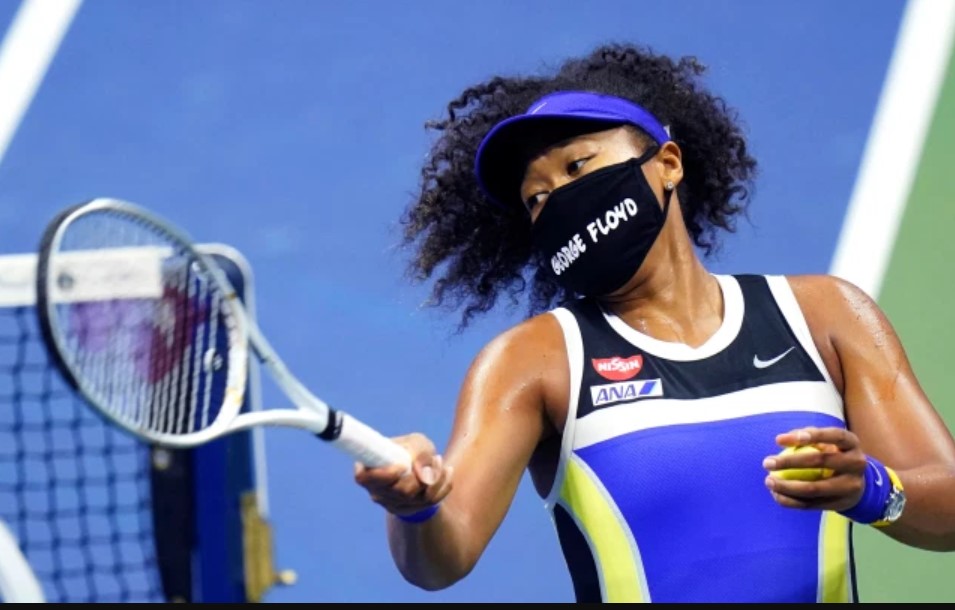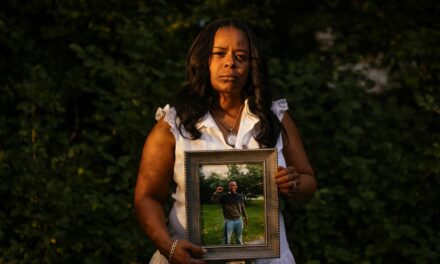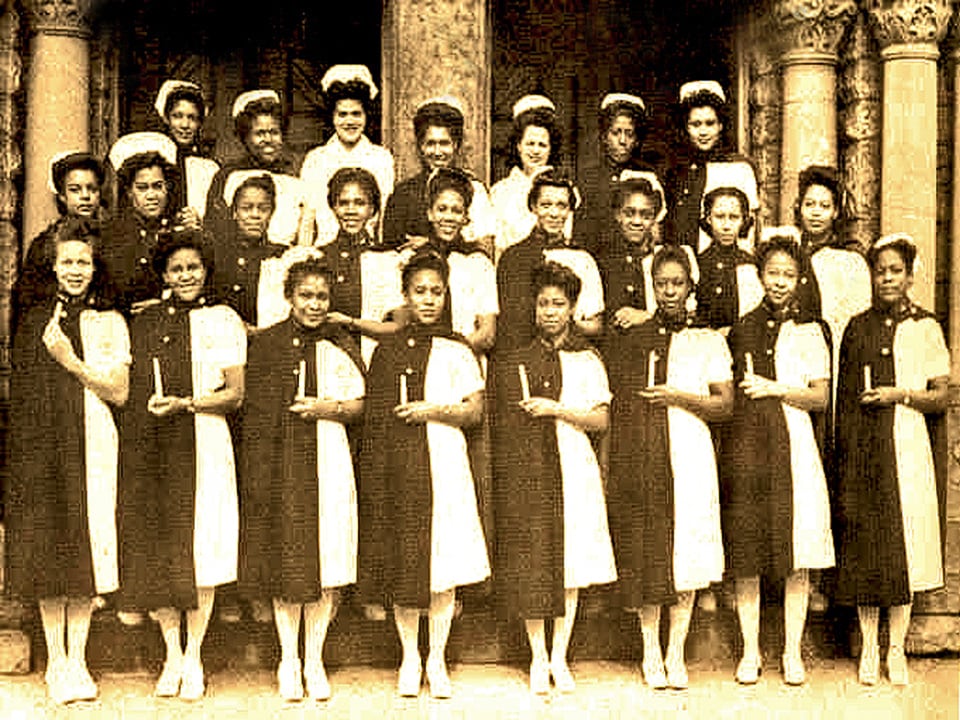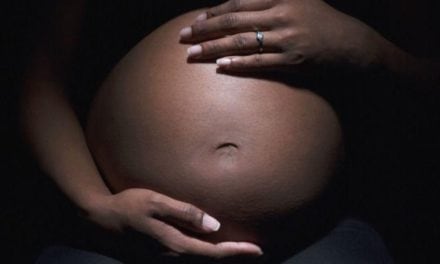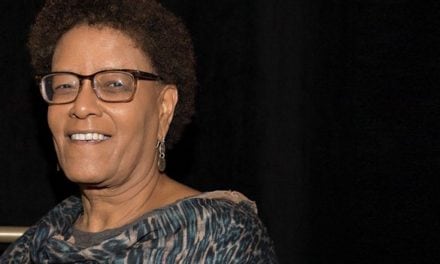In winning her second U.S. Open championship, 22-year-old Naomi Osaka made a statement that had nothing to do with tennis but everything to do with the kind of woman she has become – a courageous athlete/social activist.
For each of the seven matches Osaka had to win to capture her third major title – she also has an Australian Open championship trophy – she wore a customized mask bearing the name of a different Black person killed by a white police officer or white vigilante. Here’s the list, not necessarily in the order in which the names appeared: Breonna Taylor, Trayvon Martin, George Floyd, Philandro Castile, Armaud Arbery, Elijah McClain and Tamir Rice.
When asked by an ESPN reporter after her championship match what message she was trying to convey, Osaka replied: “Well, what was the message you got is more the question. I feel like the point was to make people start talking.”
People inside and outside the tennis world have been talking a lot about Osaka – not all of it favorably – since she joined the Black Lives Matter protesters in Minneapolis in the early aftermath of the May 25th death of George Floyd, whose dying words “I can’t breathe” became a rallying cry around the world for protests against police brutality, systemic racism and social injustice.
I have profound new respect and admiration for Osaka, who was a raw rising talent and a giggly teenager when I first wrote about her four years ago. I predicted then she would blossom into a superstar. But little could I have known this once seemingly shy tennis player would use the platform gained by her stardom to advocate for social change.
At the prestigious Western & Southern Open tournament a week before the U.S. Open, Osaka announced she would not play her semi-final match in protest of the Aug. 23 shooting of Jacob Blake in Kenosha, Wisconsin. Her decision triggered a one-day shutdown of the tournament by WTA, the ATP and the USTA to join the NBA, WNBA, professional soccer and Major League Baseball in suspending play as a statement against racial and social injustice.
Blake, who is Black, was shot seven times in the back by a white police officer while his children watched from the back of his SUV. Like other recent episodes of excessive police behavior, the shooting was captured on camera and led to renewed protests in cities still smoldering in outrage over the death of George Floyd, whose life was choked out of him under the knee of a white cop.
Osaka’s one-day boycott was a bold move, but I was more impressed by the declarative nature of her statement.
“Before I am an athlete, I am a Black woman,” Osaka said in an Instagram post. “And as a Black woman I feel as though there are much more important matters at hand that need immediate attention, rather than watching me play tennis.”
With those words, Osaka, the daughter of a Haitian father and Japanese mother, owns her blackness. In that regard, Osaka reminds me of Sen. Kamala Harris, who proudly accepted the mantel as the first Black woman to be chosen as a major-party vice presidential candidate. Harris was born to a Jamaican father and Indian mother.
I point this out because there are some people of mixed heritage who tend to equivocate when it comes to racial identity. I’m always curious about their reluctance to identify themselves as Black.
Osaka fully embraces her dual heritage. Although she was born in Japan, she has spent most of her life in the United States. But she chooses to play tennis under the Japanese flag and sees herself as a role model for biracial Japanese citizens.
Osaka’s statement also reflected her courage under fire. As she noted in an op-ed piece in Esquire Magazine on July 1, she has been criticized in Japan for supporting the Black Lives Matter movement after Floyd’s death, even joining protesters in Minneapolis and Los Angeles, where she now lives.
“Japan is a very homogeneous country, so tackling racism has been challenging for me,” Osaka wrote. “I have received racist comments online and even on TV.”
Osaka told the Japan Times that she tries to ignore some of the trolling. “It’s hard to avoid,” she said. “I’m more sad for them than for myself – to be so hateful and ignorant can’t be an easy way to live life.”
Of her decision to postpone her tournament play, Osaka said her goal was to “get a conversation started in a majority white sport.”
She drew kudos on social media from fellow Black players like Sloane Stephens and encouragement from tennis icon Billie Jean King, who is no stranger to social activism. During the U.S. Open, Tennis Channel commentators spoke highly of Osaka’s willingness to speak out against injustice.
Osaka, who defeated Serena Williams to win the U.S. Open in 2018 and won the Australian Open at the start of 2019, got off to a sluggish start to this coronavirus-interrupted season. The last time I saw her play, before the pandemic shut down everything in mid-March, was during a Federation Cup contest in which she lost 6-0, 6-3 and left the court almost in tears over her poor performance.
Perhaps her spirits were lifted a few weeks later when she topped the 2020 Forbes Magazine list of highest-paid female athletes. Osaka replaced Serena Williams at No.1 with $37.4 million in earnings. Serena was next at $36 million.
In her Esquire op-ed piece, Osaka said the shutdown gave her time to reflect on what she might be doing if she were not a tennis player. When she saw the video of Floyd’s death, she said, and recounted other recent deaths of blacks in police custody, she decided to become a voice for change.
But just as there was a touch of weariness in the voice of NBA great LeBron James as he spoke on the shooting of 29-year-old Blake, who doctors say will probably be paralyzed for life, there was an air of frustration in the statement from Osaka.
“Watching the continued genocide of Black people at the hand of the police is making me sick to my stomach,” she said. “I’m exhausted of having a new hashtag pop up every few days, and I’m extremely tired of having this conversation over and over again. When will it ever be enough?”
Naomi, that is a question those of us decades older than you are still asking, too!
Larry Bivins has worked as a journalist in Miami, New York City, Detroit and Washington, D.C. An avid tennis player, he writes the Tennis in the Hood blog to instill a passion for the sport in inner-city neighborhoods throughout America.

